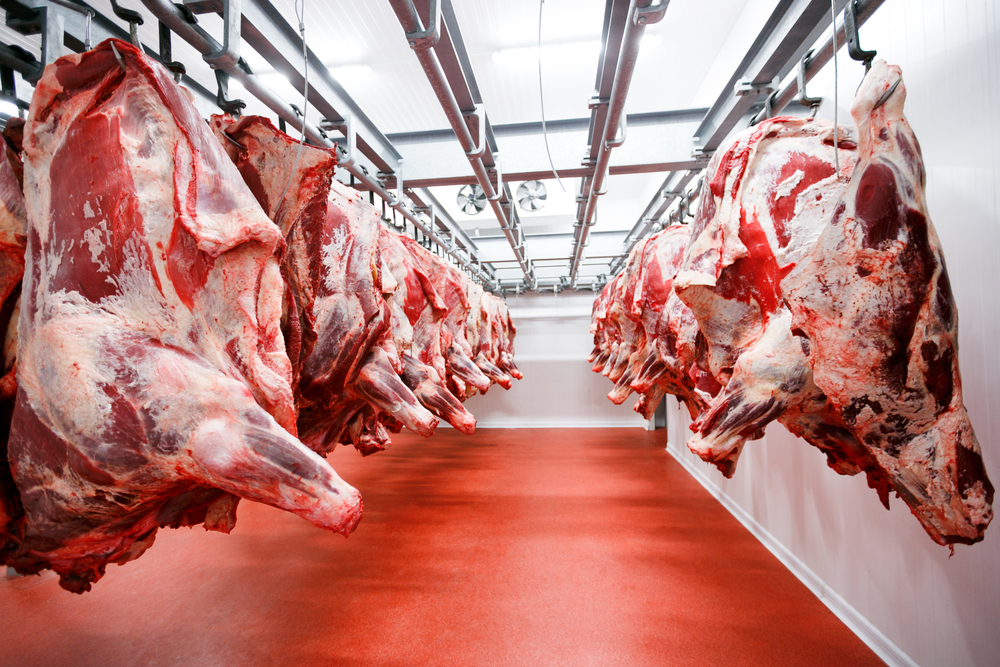In a remarkable feat for Tanzania’s meat industry, the country’s meat exports witnessed a substantial surge in the fiscal year 2021/2022. With an astounding increase of 10,415 tonnes, valued at $42.5 million, the meat exports experienced a juicy 492% growth compared to the previous year.
This surge in exports can be attributed to various factors, including the establishment of modern slaughterhouses and the government’s efforts to create a conducive business environment. By reducing unnecessary levies and taxes, Tanzania has successfully fostered the growth of the meat sector, attracting investment and driving the overall development of the industry.
Expansion of Modern Slaughterhouses
One of the key factors contributing to Tanzania’s remarkable meat export growth is the establishment of modern slaughterhouses. In recent years, the government has focused on upgrading the country’s infrastructure to meet international standards.
As a result, six slaughterhouses in Tanzania have received international accreditation, enhancing the quality and safety of the meat produced. These modern facilities have enabled the country to meet the stringent requirements of export markets, boosting the confidence of international buyers and facilitating increased trade opportunities.
The rise in meat exports is a testament to the Tanzanian government’s commitment to improving the meat sub-sector. Recognizing the potential of this industry in contributing to economic growth and employment generation, the government has implemented various measures to support its development.
One significant step has been the reduction of unnecessary levies and taxes imposed on the meat sector. This move has not only attracted domestic and foreign investors but has also enabled existing businesses to expand their operations, leading to increased production and export capacity.
Creating a favorable business environment has been instrumental in encouraging investment and driving growth in Tanzania’s meat sector. By streamlining bureaucratic procedures, enhancing transparency, and promoting ease of doing business, the government has sent a positive signal to potential investors.
Furthermore, the implementation of investor-friendly policies and regulations has provided a sense of security and stability, instilling confidence among industry players. As a result, both local and international businesses have been incentivized to invest in the meat sub-sector, leading to its substantial expansion and the subsequent surge in exports.
Future Prospects and Conclusion
Tanzania’s remarkable growth in meat exports reflects the government’s commitment to developing the country’s meat sub-sector. The establishment of modern slaughterhouses and the reduction of unnecessary levies and taxes have played crucial roles in fostering growth.
Moreover, the creation of a friendly business environment has attracted investment and encouraged industry expansion. As Tanzania continues to prioritize the development of its meat industry, there are promising prospects for sustained growth in the future.
With the potential to capture a larger share of the global meat market, the country’s meat exports are expected to contribute significantly to its overall economic development and improve livelihoods within the sector.
For more Opinion articles, read here.

